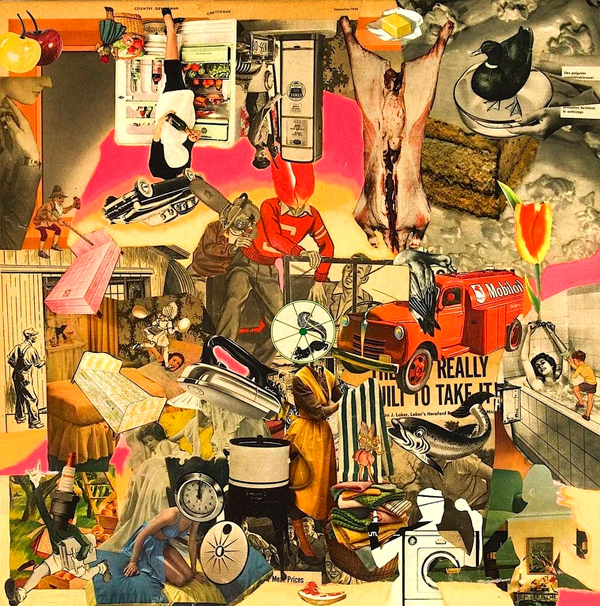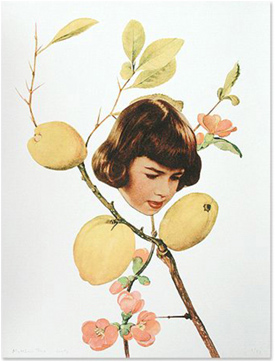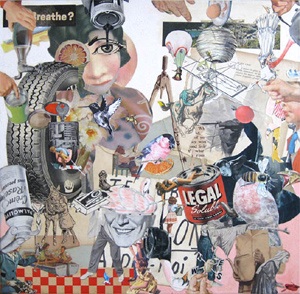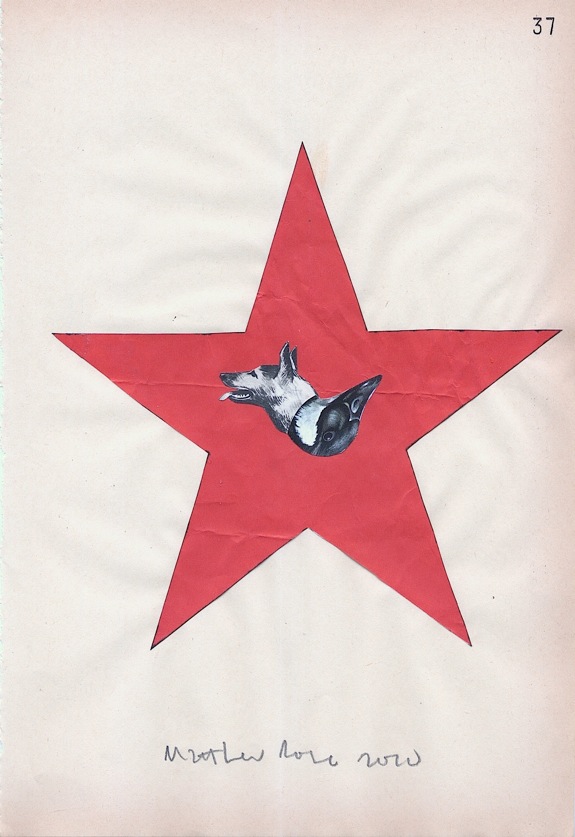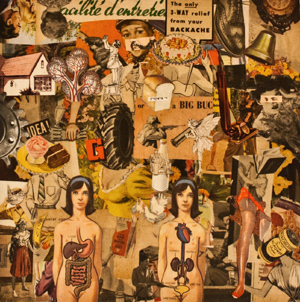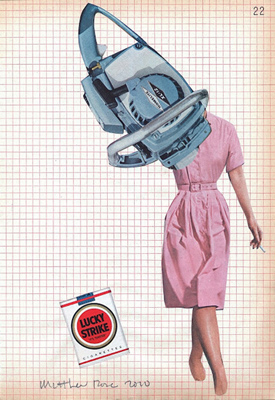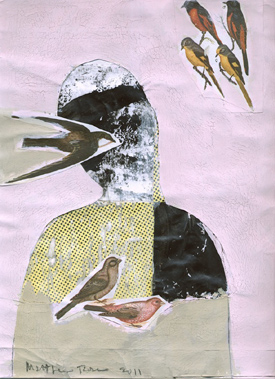“Transforming nothing into something is something of course, but because it’s a metaphor (let’s say it’s a reflection of life and death), doesn’t mean it’s especially important.”
— Matthew Rose
Is a pizza fundamentally more satisfying than a beer?
Perhaps this question is a peculiar way of following up on my previous post. The subject of maximalism and minimalism in collage is worth continuing, and I readily admit that our topic would benefit more from an interactive discourse than a single voice, but such is the nature of a blog that has yet to gain a participatory following. Nevertheless, I cannot drop the discussion without further remarks and, in particular, some worthy examples of each methodology.
Getting back to the opening query . . . There is nothing more inviting on a hot summer evening than a cold beer after a day of effort. It can immediately lose its appeal if flat or flavorless. A slice of pizza will look much better — steaming, fragrant, and loaded with toppings — but not if it is dry, overdone, or charred underneath. What I am trying to suggest with this oddball reference is the idea that a simple thing or a complex thing is not necessarily better than the other. It is all about how each is presented. And the most meaningful conclusion may be that both are enhanced when the two exist together. Whether you investigate Picasso, Braque, or Schwitters, it is clear that they thought of collage as an extension of painting, and how can one say that maximalism or minimalism in painting takes supremacy over the other? One cannot, of course, and either method is more interesting when the entire scale of approaches to the medium are continually explored (in some cases by the same artist). So, returning to my feeble analogy, we recognize that the combination of “good stuff” determines a synergistic effect. Collage as an art form is more vital today as a result of this diversity of orientation.
Our medium does not exist in a vacuum. Maximalism, minimalism, and everything in between is rooted in the movements of Dada, Surrealism, Constructivism, Expressionism, and Popism. One contemporary collage artist with a keen awareness of these influences is the “American in Paris,” Matthew Rose. He has created masterful works at multiple points in the spectrum of complexity, and a few examples appear below. In future entries, we shall feature other artists who probe minimalism and maximalism in collage.
The End Of The World
Matthew Rose, 2008
Immaculate Perception
Matthew Rose, 2010
Breathless
Matthew Rose, 2010
China Star
Matthew Rose, 2010
Experience
Matthew Rose, (date unknown)
Lucky Strike
Matthew Rose, 2010
Self Portrait
Matthew Rose, 2011
